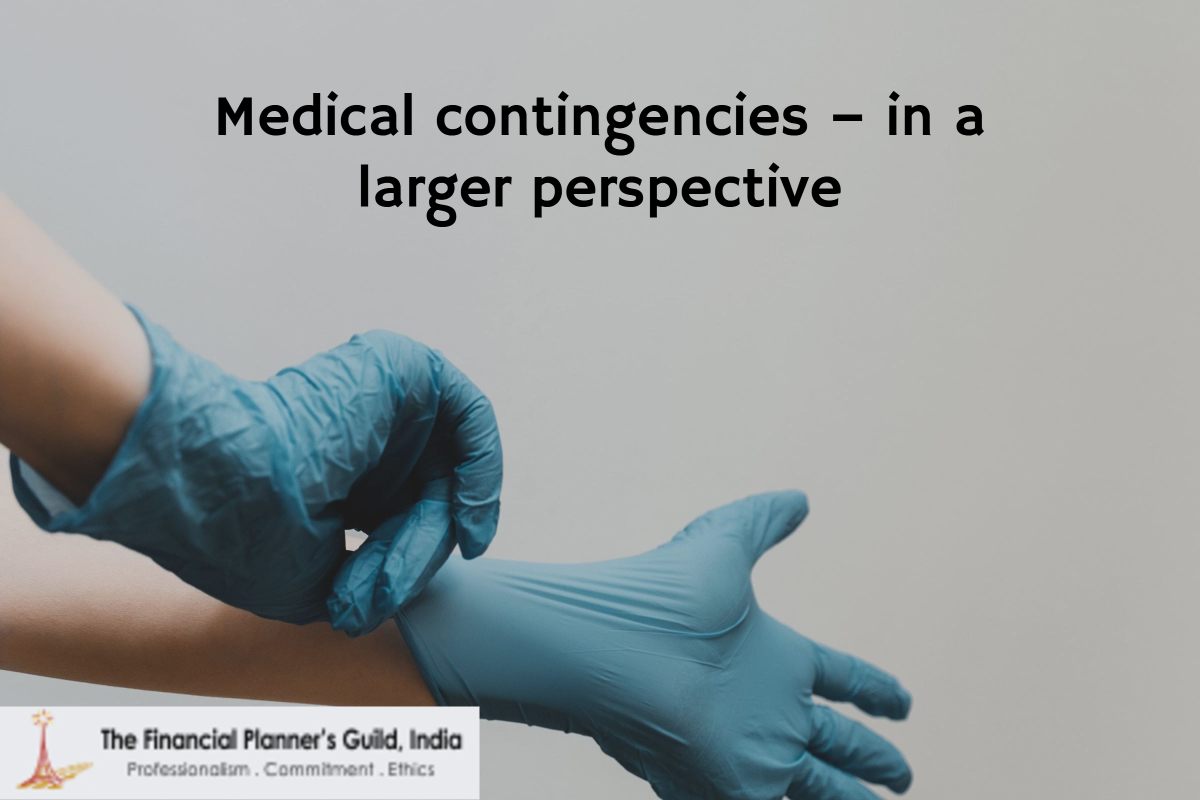
Romesh, aged 40 and an engineer by qualification and a businessman by calling, was always a healthy person and had never visited a doctor in recent memory.
Jan 2008: He fell sick – antibiotics resolved the problem and after rest he recovered, but again the same thing resurfaced every month for the next 3-4 months despite all the precautions. For the last few years he had a medical illness policy covering him for rupees one lac.
Mar – April 2008: He took a Critical illness policy covering him for rupees two lacs, not declaring the issues he was facing for the last few months, since he thought it was not important. In April his ESR was high & Hemoglobin low.
May 2008: His family was now all the more concerned about his health, as further tests also didn’t give any valid reason for the recurrence. As a last resort the bone marrow test was done. And then hell broke loose on the family, with the outcome of test results – he was tested positive for Leukemia i.e. blood cancer.
After 15 odd days in the ICU and two months of hospitalisation, life was not the same again – neither for him, nor his family, relatives or friends. His wife spent the two months managing things at the hospital. Help came from various sources including his in-laws, his friends, three married sisters, who flew into the city one after the other, for fifteen days each, keeping aside their routines and stood by him during these difficult times. Lots of love, caring and prayers contributed to his comeback.
From September he was on his own, though medication continued and only in the march of 2009 could he start with his work with all the limitations on efficiency, effectiveness and hence productivity.
The episode costed in addition to rupees twenty lacs, fifteen full months for him and his family, few days or months for relatives and friends, a debt of rupees ten lacs, which were raised from relatives and friends to fund the same, not mentioning the emotional and physical drain all of them underwent. The Critical Illness policy was of no help since it was taken after the early signals and the medical illness policy was inadequate.

Putting things in the right perspective, let’s explore what Romesh did / did not do right, how it can be improved upon and what more needs to be done:
And last and the most important is health regimentation, eating habits and lifestyle, since prevention is always better than cure. Though it may not always help directly but surely such a regiment improves resistance capacity and also is the path to fight back.
FPG India ©2024. All Rights Reserved.
Designed & Developed by W3M Technoz